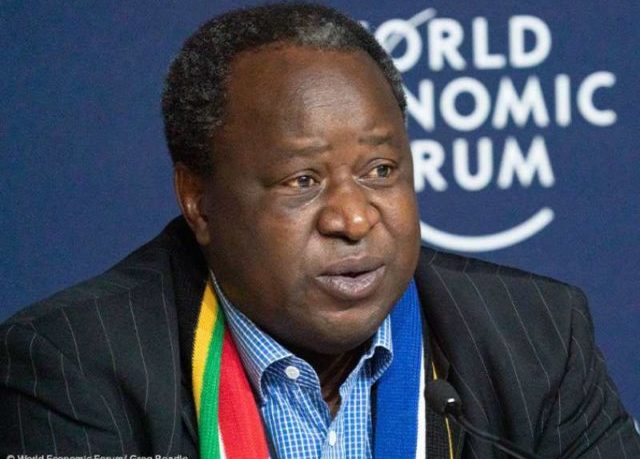- As the impact of COVID-19 continues to be felt across South Africa, it was only right that South Africa’s Finance Minister Tito Mboweni balanced addressing the short-term economic challenges with a prudent approach to addressing the long-lasting structural challenges that face the country.
“Energy security is a fundamental building block, necessary to achieving our collective ambition of higher economic growth and employment levels,” says COO of solar and PV industry body, the SA Photovoltaic Industry Association (SAPVIA) Niveshen Govender.
He added: “We [SAPVIA] welcome the Minister’s recognition of the contribution that the private sector will play in restarting the engines of sustainable growth and stands ready to support the transformation of our energy infrastructure.
The budget speech stated that three energy projects have been gazetted, which will be supported through private sector investment of some R52.4 billion [$3.470 billion].
“These projects will create an estimated 2,569 megawatts of electricity generating capacity, which will alleviate electricity supply constraints; reduce the use of diesel-based peaking electrical generators and support broad-based black economic empowerment initiatives, including ownership and localisation,” says Govender.
The State of the Nation Address (SONA) by President Ramaphosa additionally made mention of the imminent roll-out of the Renewable Energy Independent Power Producers Procurement Programme (REIPPPP) bid window 5 as well as bid window 6.
Govender says the solar PV industry eagerly anticipates execution on this commitment from the President.
“In order to facilitate cheaper power coming online as rapidly as possible, SAPVIA strongly supports the implementation of technology-specific, nuanced procurement programmes based on long-term capacity requirements,” the COO clarified.
IPPs ready to act on budget speech
SAPVIA eagerly awaits the results of the RMIPPP (Risk Mitigation Power Purchase Programme) and the commencement of Bid Windows 5 and 6 as announced in the SONA.
“We anticipate that the national energy system (encompassing both the private sector and the public sector) will have learned some valuable lessons towards more sophisticated energy solutions, such as the much-anticipated inclusion of battery energy storage systems,” says Govender.
Minister Mboweni also made mention of the Small IPP programme, and it is worth noting that 16 solar PV projects with a combined capacity of 80MW were proposed to DMRE/IPPO under the Small IPP Programme bid windows 1 and 2.
“Procurement for the Small IPP Programme has not yet been concluded to date and we would urge the Government to move with haste to ensure that we don’t delay realising the opportunities of these projects.
“If we are to create a sustainable, resilient and inclusive economy, the Embedded Generation Investment Programme must be structured to create opportunities for black, women and youth-owned SMEs in Renewable Energy. The programme is expected to be operational towards the end of 2022 and SAPVIA has already implemented programmes to address the skills gap and make the renewable energy market more inclusive,” says Govender
Author: Nicolette Pombo-van Zyl
This article was originally published on ESI Africa and is republished with permission with minor editorial changes.















